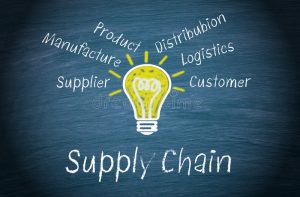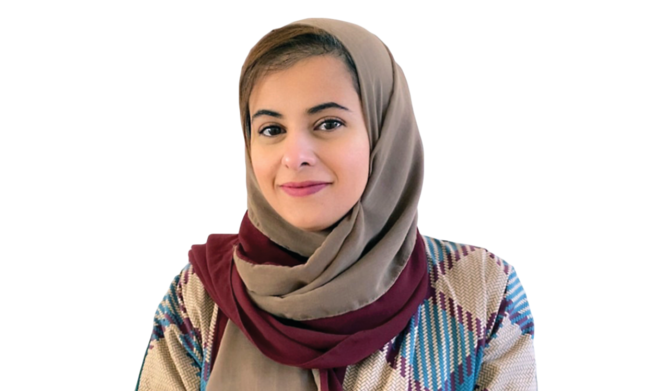 Kuala Lumpur, Malaysia (1st April 2015) – In the ever-expanding Halal sector worldwide and as new Halal regulations are being put into place, the continuous education and in- house training within Halal producers will remain and continue to be even more active.
Kuala Lumpur, Malaysia (1st April 2015) – In the ever-expanding Halal sector worldwide and as new Halal regulations are being put into place, the continuous education and in- house training within Halal producers will remain and continue to be even more active.
During the second session of the Academics Forum at the World Halal Summit (WHS) 2015 held here at the Kuala Lumpur Convention Centre, moderator Dr. Marco Tieman, Adjunct Professor with Universiti Tun Abdul Razak, Malaysia together with three panelists explored the various approaches to leading in-house training in the manufacturing and food service sectors.
With over 27 years of experience with Nestlé, Othman Mohd Yusoff, Chairman of the Halal Committee at Nestlé Manufacturing, Malaysia joined when the company was just at the beginning of their Halal training programme. Though not limited to just food handling, as Halal questions can be directed to people at all levels within a company, he saw that their in-house training grew from solely educating their factory workers to extend other departments such as their Sales and Marketing teams.
As he was also involved in writing and developing the internal Halal guidelines for Nestlé worldwide in the 1990s, Othman also explained how they have just recently introduced ethics-based training to extend their scope beyond Halal certification, to also instil the good values of Islam. This, he notes, can really help boost the morale of employees.
For Nestlé Malaysia, its in-house training is handled by a corporate committee and Halal department, and can be conducted from time to time via teleconference and site visits. Their training is also extended to not just internal staff, but also to other stakeholders such as supply chain partners and third party logistics providers, to ensure that Halal physical logistics are used in a way that is still workable in existing networks.
By way of comparison, Hassan Bayrakdar, Managing Director of RAQAM Consultancy, Dubai, UAE explained that a majority of manufacturers in the UAE are Small and Medium- sized Enterprises (SMEs), which do not have the expertise or manpower to hold or conduct trainings themselves. Another barrier is that there is little Halal training available in the UAE for SMEs. In recognising this, moderator Dr. Marco acknowledged that SMEs here should also be “pushed up” or supported in terms of Halal training, as they would also do a lot of business-to-business work with multinationals that would require them to be Halal-compliant.
Panellist Haji Rafek Saleh Executive Director (Shariah) of the International Halal Integrity (IHI) Alliance, Malaysia highlighted that Halal training need to be customised to the needs of the client or the company involved. Training is provided on demand, at a very basic level, though still based on underpinning Syariah standards. In order to be a Halal trainer, he stresses that while the knowledge of subject matter is crucial, integrity must be maintained at all times. With this, he devised a unique value system, based on the word “Value” — virtue, adherence to Halal standards, leadership and quality, universally recognised, emphasis on customer satisfaction, safety and hygiene.



